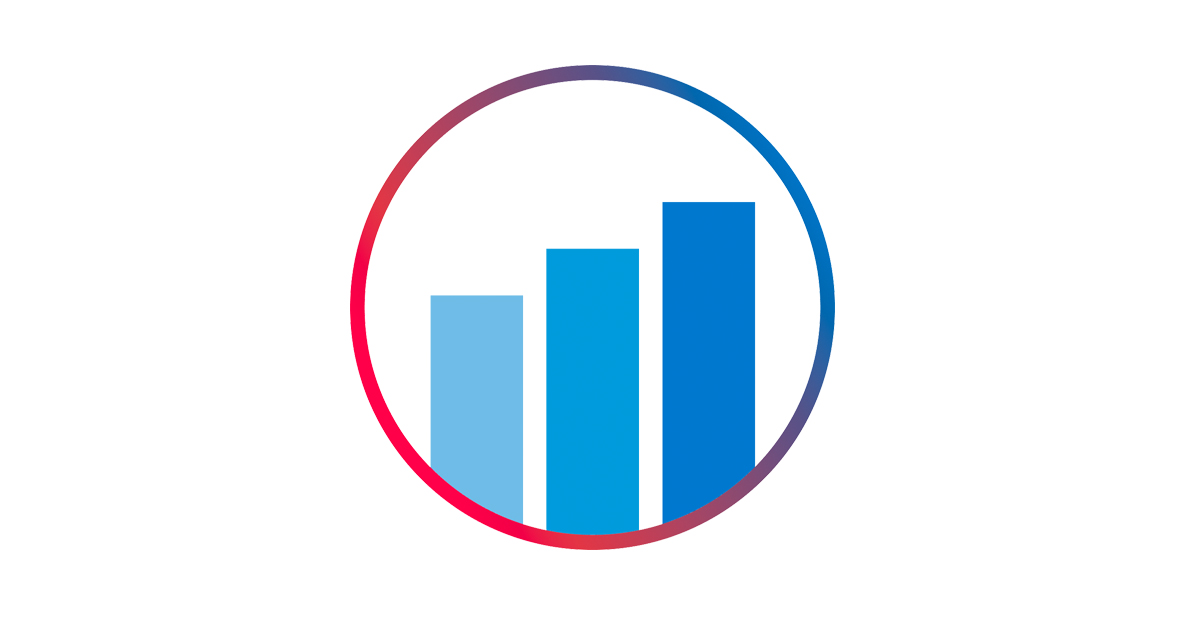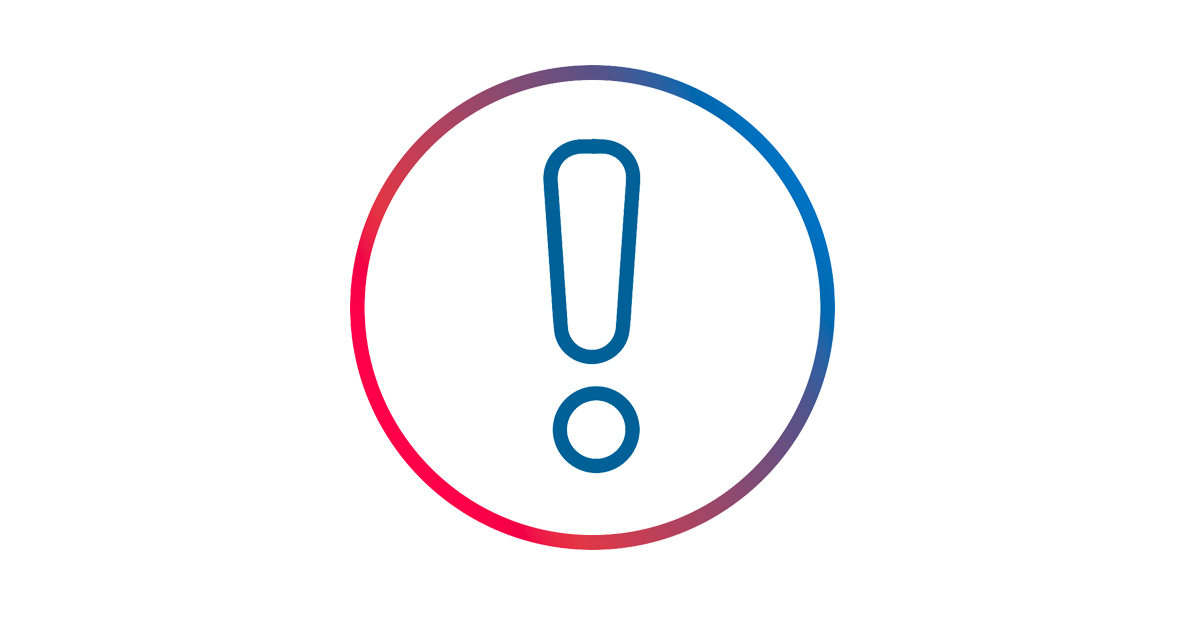JESDUVROQ is used to treat anemia that is caused by chronic kidney disease (CKD) in adults who have been on dialysis for at least 4 months. JESDUVROQ has not been proven to improve quality of life, tiredness (fatigue), or well-being. JESDUVROQ should not be used in place of emergency treatment for anemia (red blood cell transfusions), or in people who are not on dialysis.
JESDUVROQ is a prescription medicine used to treat anemia that is caused by chronic kidney disease (CKD) in adults who have been on dialysis for at least 4 months.
JESDUVROQ has not been proven to improve quality of life, tiredness (fatigue), or well-being.
JESDUVROQ should not be used:
- in place of emergency treatment for anemia (red blood cell transfusions).
- in people who are not on dialysis.
JESDUVROQ is a prescription medicine used to treat anemia that is caused by chronic kidney disease (CKD) in adults who have been on dialysis for at least 4 months.
JESDUVROQ has not been proven to improve quality of life, tiredness (fatigue), or well-being.
JESDUVROQ should not be used:
- in place of emergency treatment for anemia (red blood cell transfusions).
- in people who are not on dialysis.
JESDUVROQ may cause serious side effects, including: Increased risk of death, heart attack, stroke, and blood clots. These risks may happen if (continued)
JESDUVROQ may cause serious side effects, including:
- Increased risk of death, heart attack, stroke, and blood clots. These risks may happen if you are treated with JESDUVROQ to increase red blood cells (RBCs) to near the same level found in healthy people. These risks may be increased if you have heart or blood vessel problems, or problems with blood flow to your brain (cerebrovascular disease). Blood clots can form in the blood vessels (veins), including in your legs (deep vein thrombosis or DVT), lungs (pulmonary embolism or PE), and in your dialysis access (vascular access thrombosis or VAT).
JESDUVROQ may cause serious side effects, including:
- Increased risk of death, heart attack, stroke, and blood clots. These risks may happen if you are treated with JESDUVROQ to increase red blood cells (RBCs) to near the same level found in healthy people. These risks may be increased if you have heart or blood vessel problems, or problems with blood flow to your brain (cerebrovascular disease). Blood clots can form in the blood vessels (veins), including in your legs (deep vein thrombosis or DVT), lungs (pulmonary embolism or PE), and in your dialysis access (vascular access thrombosis or VAT).
Get medical help right away if you get any of the following symptoms:
chest pain; trouble breathing or shortness of breath; pain in your leg or arm, with or without swelling; unusual coolness or warmth in arm or leg; sudden confusion, trouble speaking, or trouble understanding others’ speech; sudden numbness or weakness in your face, arm, or leg, especially on one side of your body; sudden trouble seeing; sudden trouble walking, dizziness, loss of balance or coordination; lightheadedness or fainting; dialysis access stops working; do not feel a vibration (“thrill”) over the dialysis access area.
If you decide to take JESDUVROQ, your healthcare provider should prescribe the lowest dose that is necessary to reduce your chance of needing red blood cell transfusions.
If your hemoglobin level stays too high or goes up too quickly, this may lead to serious health problems which may result in death. These serious health problems may happen if you take JESDUVROQ, even if you do not have an increase in your hemoglobin levels.
Do not take JESDUVROQ if you:
- take certain medicines called strong CYP2C8 inhibitors such as gemfibrozil. Ask your healthcare provider if you are not sure.
- have high blood pressure that is not controlled (uncontrolled hypertension).
Before taking JESDUVROQ, tell your healthcare provider about all of your medical conditions, including if you:
- have heart disease; have had a stroke; have a history of heart failure; have high blood pressure; have a history of damage to the lining of the stomach, esophagus, or intestines; have a history of stomach ulcers (peptic ulcer disease); smoke tobacco or drink alcohol; have cancer; have liver problems.
- are pregnant or plan to become pregnant. JESDUVROQ may cause harm to your unborn baby. Tell your healthcare provider right away if you become pregnant or think you might be pregnant during treatment with JESDUVROQ.
- are breastfeeding or plan to breastfeed. It is not known if JESDUVROQ passes into your breast milk. Do not breastfeed during treatment with JESDUVROQ and for 1 week after your final dose.
Tell your healthcare provider about all the medicines you take, including prescription and over-the counter medicines, vitamins, and herbal supplements. Taking JESDUVROQ with certain other medicines may affect the way JESDUVROQ works.
JESDUVROQ may cause other serious side effects including:
- Risk of hospitalization for heart failure. People who have a history of heart failure have an increased risk of hospitalization for heart failure with JESDUVROQ. Tell your healthcare provider right away if you get worsening signs and symptoms of heart failure, including: shortness of breath or trouble breathing; swelling of your feet, ankles or legs; sudden weight gain; feeling tired or weak.
- High blood pressure. High blood pressure is common with JESDUVROQ. Your blood pressure may go up or worsen, and may be difficult to treat during treatment with JESDUVROQ. Your healthcare provider should check your blood pressure regularly during treatment. If your blood pressure increases, your healthcare provider may prescribe a new medicine or may change the dose of your current blood pressure medicine.
- Damage to the lining of the stomach, the tube that connects the mouth and stomach (esophagus), and intestines (gastrointestinal [GI] erosion). Your risk of GI erosion may increase if you have a history of GI erosion, stomach ulcers (peptic ulcer disease), use certain medicines that increase the risk of GI erosion, or currently smoke tobacco or drink alcohol. Some people who have bleeding in the stomach and intestines may need to receive transfusions. Tell your healthcare provider if you have any of these symptoms: stomach-area (abdominal) discomfort or pain; nausea or vomiting; blood in your vomit or stool; black, tarry stools; trouble swallowing; pain in your throat or chest.
- Cancer. Cancers have happened in people treated with JESDUVROQ. Talk to your healthcare provider if you have any concerns about cancer.
The most common side effects of JESDUVROQ include:
- high blood pressure.
- blood clots (thrombotic vascular events) including heart attack, stroke, and blood clots in the dialysis access, legs, or lungs.
- stomach area (abdominal) pain.
These are not all the possible side effects of JESDUVROQ. Call your doctor for medical advice about side effects.
Please see full Prescribing Information, including BOXED WARNING and Medication Guide.
You are encouraged to report negative side effects of prescription drugs to the FDA. Visit www.fda.gov/medwatch, or call 1-800-FDA-1088.







